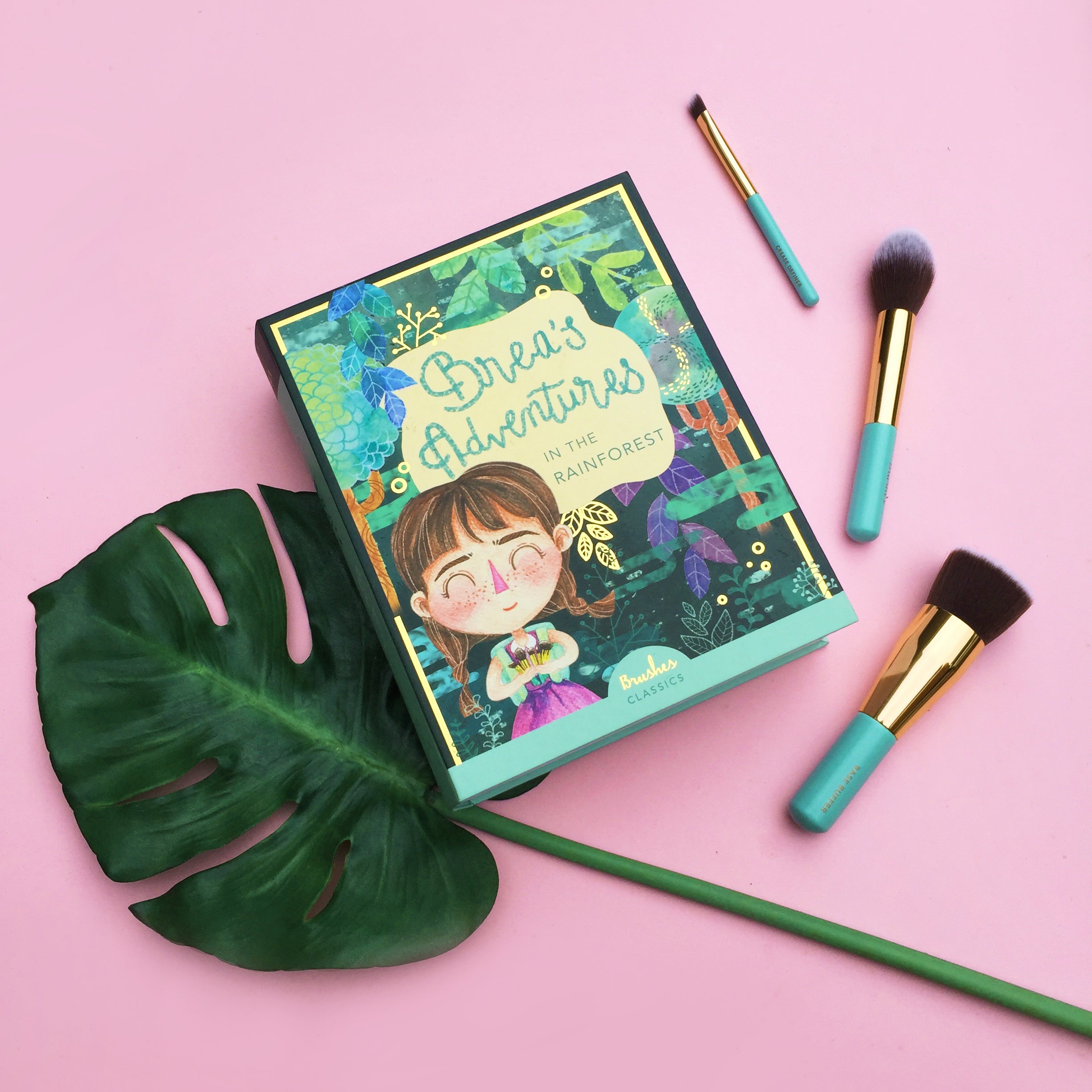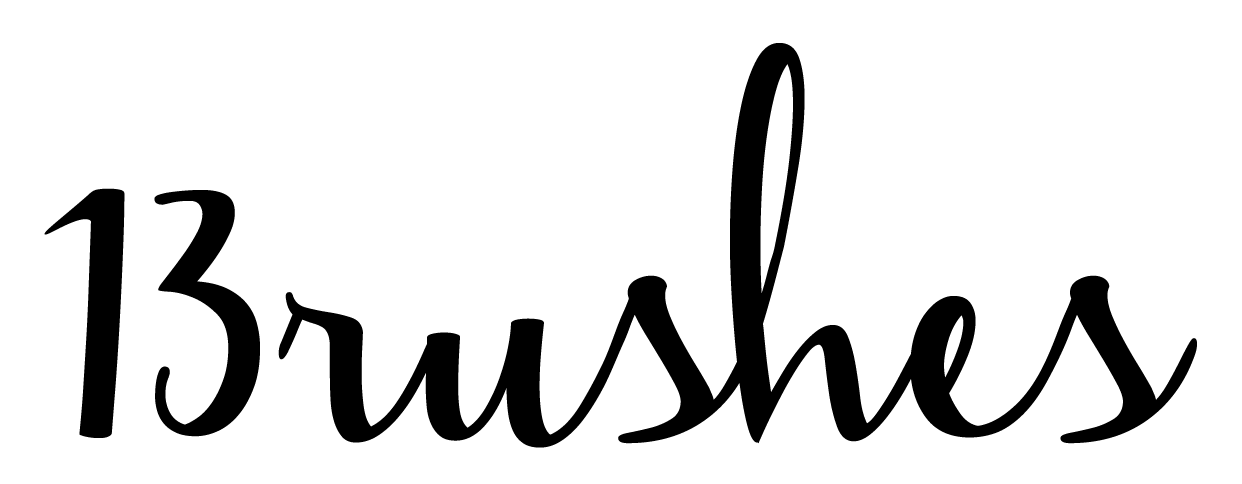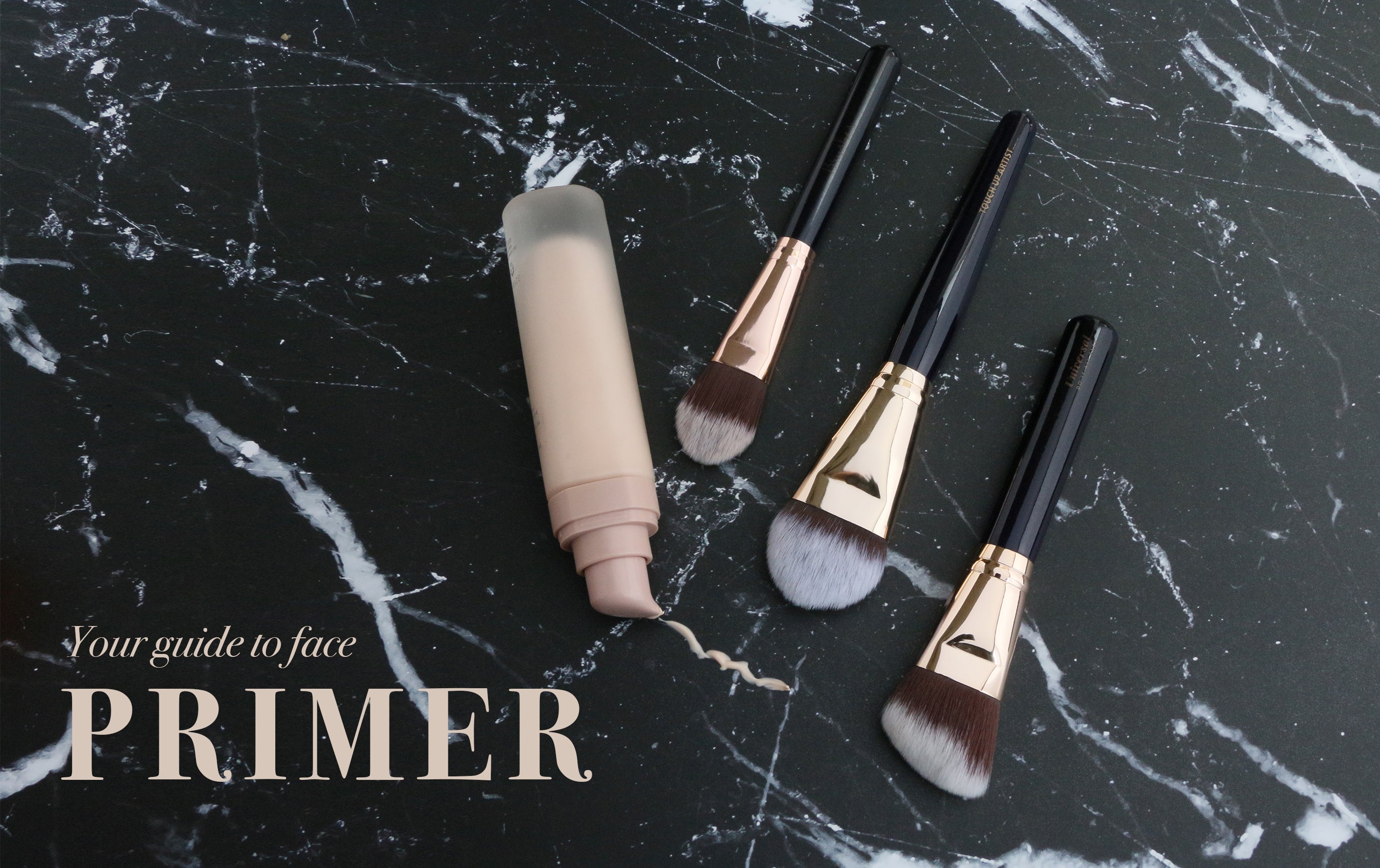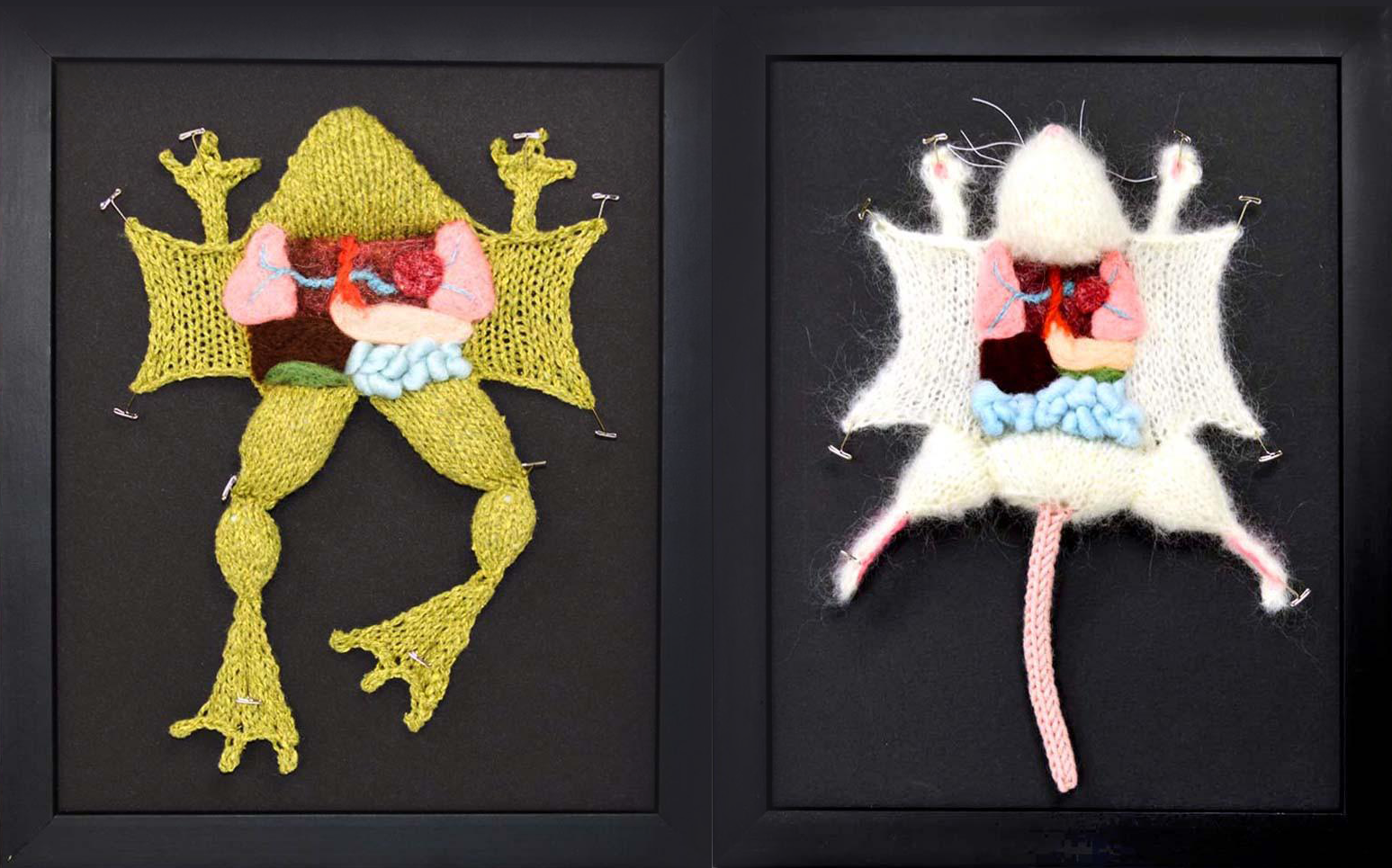
A clarification on beauty terminologies
The importance of choosing ethical, animal-friendly products.
13rushes advocates for a compassionate and cruelty-free lifestyle. If you wish to learn a little more on how our purchasing decisions affects the animals around us and why it is important to support cruelty-free beauty and ditch products that have been tested on animals, do read some of these useful resources:
- https://www.care2.com/greenliving/5-reasons-to-choose-cruelty-free-products.html
- https://www.crueltyfreeinternational.org/what-we-do/our-campaigns/ending-cosmetics-testing-animals
- https://www.crueltyfreekitty.com/cruelty-free-101/why-switch-to-cruelty-free/
Confusing terms
You’d probably have encountered certain terminologies while reading up on your favourite beauty brands. What i personally found confusing in my search for ethical beauty products were the differences between the terms “cruelty-free” and “vegan”. For years, I was using them interchangeably as i thought the only way something is cruelty-free has to be vegan. Some other terms such as “sustainable beauty”, “organic beauty”, “ethical beauty” are appearing a lot more in the recent years.
So let’s clear the air on these frequently encountered terms and hopefully that can help you to make conscientious choices that are right for you.
What’s Vegan?
Veganism is a way of living which seeks to exclude, as far as is possible and practicable, all forms of exploitation of, and cruelty to, animals for food, clothing or any other purpose. When a beauty product is labelled as vegan, this product should not not contain any animal products or animal-derived ingredients.
To many, the term “vegan” also means that a product is free from animal testing as well. But here’s the ambiguous part, because the term is not regulated, it is often used to simply note that a product does not contain animal ingredients. Items that are tested on animals can claim to be “vegan”. This is a very important distinction because a vegan product is not necessarily cruelty-free (a little counterintuitive we know!).

What’s Cruelty-free?
Similarly, there are also no clear legal requirements as to what constitutes a cruelty-free beauty product. A commonly understood definition would bet that the ingredients/components and final product have not been tested on animals. It refers to the testing process, not the ingredients, which means it is possible for a cruelty-free product to contain non-vegan ingredients, such as honey, beeswax, lanolin, collagen, albumen, carmine, cholesterol, or gelatin.
As perplexing as it may seem, there are currently no clear global standards on the rights to using the “cruelty-free” label. As such, your cosmetics can imply one of the following:
a. The product and its ingredients have not been experimented on animals.
b. The ingredients have been tested on animals, but the final product has not.
c. Neither the ingredients nor the products have been tested on animals with a certification process (Leaping Bunny Program
d. The procedures of animal testing had been outsourced to a 3rd party contractor
e. The brand had relied on another company’s animal testing results for the production of its products.
4. Testing was done abroad where animal testing is required or animal rights are not valued.
5. The ingredients or the product have not been tested on animals for the past 10 - 20 years despite the fact that there might be future plans for animal experimentation
On the other hand, there are a great deal of brands and companies who have not labelled themselves as cruelty-free, but in fact, are using non-animal product testing methods. To add to the uncertainty, the “cruelty-free term” may not always have to do with the treatment of animals.
It is not uncommon for companies and brands to use the term on other parts of their supply chain such as an ethical and just treatment of their employees, improvements in R&D that helps conserve the wildlife, or simply producing products that carry no animal by-products or ingredients.
With this confusion, it is sometimes difficult to judge the extent to which a brand has upheld its cruelty-free promise. There is also a possibility that a animal-friendly product has been mislabelled to be non-cruelty-free.
What’s organic beauty?
According to UK’s largest organic association, SOIL, “Organic Beauty is the formulation of cosmetic products using organically farmed ingredients. These ingredients are grown without the use of Genetically Modified Organisms (GM), herbicides, synthetic fertilisers and more.”
SOIL continues to clarify by stating that certified organic beauty products say: “no to GM, no to toxic chemicals, no to parabens, no to synthetic colours, dyes or fragrances, no to nano particles, no to animal testing and yes to sustainably sourced ingredients, transparent manufacturing processes, biodegradable ingredients, ethical packaging and protecting wildlife.
So how can we clarify when products really are organic? Again, this answer is not a straightforward one as there are no real legal standards for claims that can be made for organic beauty (unlike food or drink.). Therefore to be really sure that you are buying an organic product, it’s best to watch for the trusted Soil Association logo.
To learn more about organic beauty, read here: https://www.soilassociation.org/organic-living/beauty-wellbeing/what-is-organic-beauty/
What’s sustainable beauty?
Environmental sustainability involves the conservation of natural resources and a fine balance on our ecosystem. It is where the demands placed on the environment can be met without depleting the Earth’s natural resources, hurting mother nature’s animals or compromising the ability of future generations to meet their own needs.
In the context of the beauty industry, sustainability goes beyond being accountable for the beauty ingredients’ quality and source. Consideration has to be made regarding the the long-term impact of these beauty products on the environment. Thought should also be put into these aspects: 1) how are the raw ingredients are sourced 2) how pollutive or resource heavy is the process of production, e.g. the energy consumption, waste management, and carbon footprint of the company 3) how recyclable/ biodegradable/ excessive are the packaging for both consumer product packaging and creative PR mailers 4) The biodegradability of the finished product.
Brands that truly care about sustainability go to great lengths to ensure they have excellent waste and resource management policies in place. This includes but is not limited to water and energy management, buying energy from sustainable sources, minimizing any manufacturing by-products, carbon offsets and office recycling programs
Dazed beauty has put together an easy to read article on this subject: https://www.dazeddigital.com/beauty/soul/article/42342/1/guide-to-sustainable-beauty
While the importance of sustainability is obvious, we often have difficulty reconciling consumerism and sustainability. Any form of production will inevitably take up precious resources and most likely create waste no matter how little. As such, the lesser evil would be to purchase products that are sustainably sourced, avoid beauty products with excessive packaging, repurpose beauty products (perhaps we could reuse old makeup products by making them our kids’ art supplies) and purchase better quality beauty tools with longer shelf life instead of tossing crappy ones as if they are made to be disposable. Last but not least, to only buy what you need.
What’s ethical beauty
Ethical beauty is the overarching concept in the above mentioned terms. As mentioned by Sustainable jungle, “A brand that is committed to ethical sourcing is one of the single most important signs of a sustainable and ethical company ethos. It essentially means that a lot of care and thought has gone into buying ingredients in a sustainable and responsible way. It requires the brand to be aware of what’s going on in their supply chains, to pay a fair price for the raw materials and goods, to ensure that their suppliers are committed to positive environmental and social impact and providing safe working environmentsing environments”
Read more here: https://www.sustainablejungle.com/sustainable-beauty/sustainableconsumer/
When in doubt, write to these brands!
Ethical companies are usually more than happy to tell you exactly what they have done to make sure that their products are compassionate and do not harm the animals. If they are unable to give you a clear answer, it’s best to avoid products by that company. Writing to a company allows them to understand that consumers do care about leading an ethical life and prompts the management to review their policy towards animal welfare.
What about 13rushes?
In case you are still wondering, 13rushes products are 100% vegan and cruelty-free. We do not experiment on animals and do not believe in harming the animals for our vanity. Our products are made from synthetic fibers and therefore are not a part of factory fur farming.
Our brushes are made from biodegradable wooden handles and recycled alumunium. We’ve also reviewed our shipping routes, to reduce as much carbon footprint as possible from the freight. our team strives to reduce our ecological impact as much as possible.
We are concerned about the waste created from shipping and packaging. As such, we would be switching to biodegradable and recyclable materials once our old polymailers and bubble wraps run out. If you have noticed, our polymailers are much smaller than what you find in the market. That’s because we’ve cut and resealed these envelopes into smaller sizes, minimizing the amount of plastic packaging we use for each customer. We receive bubble wrap donations from some of our customers and reuse them for future shipments. We are currently exploring a project that involves upcycling our old brush handles to be made into useful wood products!
We’re still learning on how to do our part for the environment and are far from perfect. If you have any tips and information on how we can make more sustainable products, please drop us an email at support@13rushes.com. We would love to speak to you!



Leave a comment
This site is protected by hCaptcha and the hCaptcha Privacy Policy and Terms of Service apply.